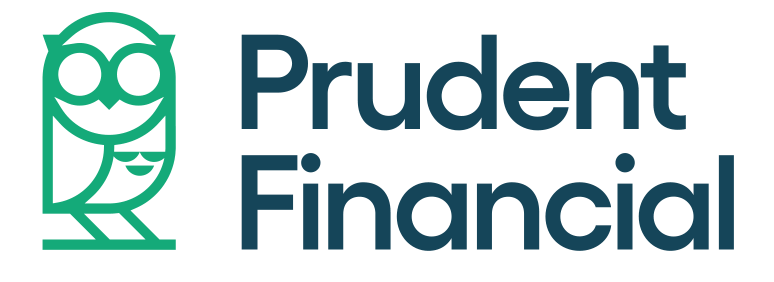
The Bank of Canada (BOC) announced on April 24, 2019 that they would not be increasing the interest rate this month. And further to that, they may not be increasing the interest rate again for the remainder of 2019.

The last time the interest rate increased was in October of 2018, when it rose to the current 1.75%. The BOC has not raised rates again since then, but they have warned that it could happen.
However, at the April 24 announcement, the BOC said they would be taking a more “accommodating” policy approach – which many are interpreting to mean that interest rates won’t increase again until at least 2020.
If this is true, it means a reprieve for Canadian consumers with high-interest debt. But it’s also important to use the time to improve your financial situation. Here’s what to keep in mind:
1. Consider the differences between variable and fixed-rate mortgages
With an interest rate hold, variable-rate mortgages will stay at their same rates. Variable rates fluctuate with the BOC interest rate, so if it goes up, your mortgage goes up. If it stays the same, your mortgage stays the same.
Fixed-rate mortgages, on the other hand, stay the same rate no matter what happens with the BOC.
With the interest rate hold, variable-rate mortgages may look more appealing as they often start at a lower rate than fixed-rate ones. But if you’re not sure if you could handle a rate increase, consider going for a fixed-rate mortgage instead.
If you already have a variable-rate mortgage, now is a good time to look into switching to a fixed-rate mortgage or options upon mortgage renewal.
2. Canadian consumer spending is expected to go up.
Part of the reason the BOC is holding interest rates for now is that the Canadian economy has been slowed down by several factors, including weaker-than-expected housing market activity and consumer spending.
However, the BOC stated in the April 24 release that they expect consumer spending to rebound in the second half of 2019 as employment income grows. Essentially, they are expecting Canadians to make more money and spend more money.
Even if you get a raise or more income, it’s still important to keep a budget, track expenses, and make smart financial decisions. Don’t go into debt now just because it’s less expensive to do. If interest rates start increasing again, you’ll want to make sure that you can afford the payments.
With this in mind, even if interest rates stay the same, look for loan sources that won’t change if the interest rate does – for example, fixed-rate loans, like the ones Prudent Financial offers – and try to limit high-interest, variable-rate debt, like credit cards.
3. Take care of outstanding debt now.
The biggest advantage of an interest rate hold is that you can use it to get out of debt before rates start going up again.
Use the time to assess your outstanding debts and make a plan to pay them off. A fixed-rate debt consolidation loan is a great way to pay off your high-interest bills and even start rebuilding credit, so long as the lender you choose reports to the Canadian credit bureaus.
The next BOC announcement is scheduled for May 29, 2019.
Prudent Financial offers bad credit car, personal, and home loans in Toronto and the GTA. If you have equity in your car or home, you may qualify. Learn more today about our services. Call 1-888-852-7647 or visit www.prudentfinancial.net.
